Japanese gardens are special gardens that reflect the beauty of nature and offer an aesthetic and spiritual experience. These gardens are an important part of Japanese culture and reflect the Japanese connection with nature. Japanese gardens include both natural elements and man-made elements. These elements include stones, water, especially small ponds, bridges, pebbles, bonsai trees, and other plants. The design of the gardens is created by bringing together natural elements, and each garden tells a different story. Japanese gardens offer visitors a perfect environment for tranquility, peace, and meditation. These gardens are an important part of Japanese culture and are a popular tourist destination worldwide.
Japan Garden: The Splendor of Nature
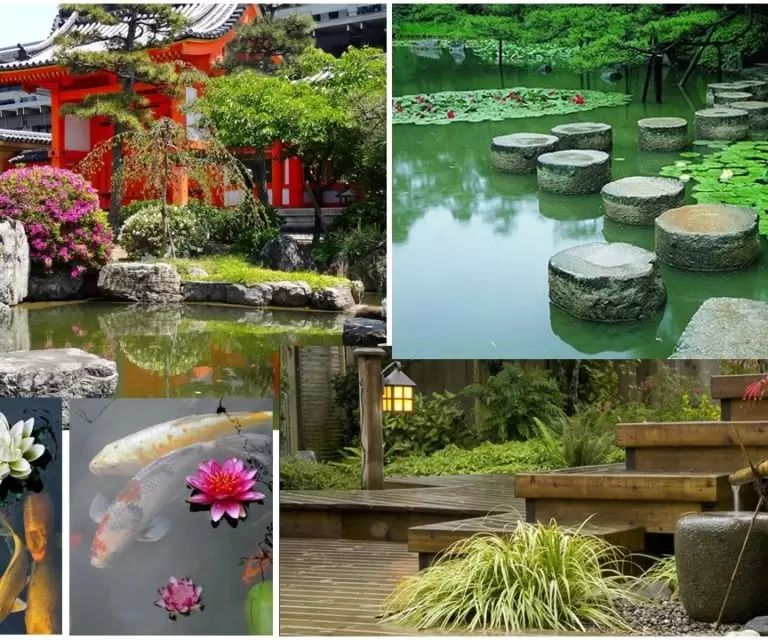
Japanese gardens are gardens that reflect the splendor of nature and offer an aesthetic and spiritual experience. These gardens are an important part of Japanese culture and reflect the Japanese connection with nature.
Japanese gardens generally have a design concept that combines water, stones, plants, and sculptures. The balance and harmony of nature are emphasized in these gardens. Water is located at the center of the garden, and other elements of the garden are placed around the water. Water reflects the tranquility and peace of the garden, while stones represent the natural structure of the garden. Plants provide the garden with vitality and color.
Japanese gardens offer a spiritual experience. The designs in the gardens reflect the Japanese connection with nature and soothe visitors' moods. The silence and tranquility in the gardens allow visitors to meditate.
Japanese gardens are a popular tourist destination worldwide. These gardens offer visitors the opportunity to discover the beauty of nature and Japanese culture. Walking in the gardens reduces visitors' stress and refreshes their minds.
In conclusion, Japanese gardens are gardens that reflect the splendor of nature and offer an aesthetic and spiritual experience. These gardens are an important part of Japanese culture and offer visitors the opportunity to discover the beauty of nature. The silence and tranquility in the gardens allow visitors to meditate and reduce their stress.
Zen and Japanese Garden: Relax Your Soul
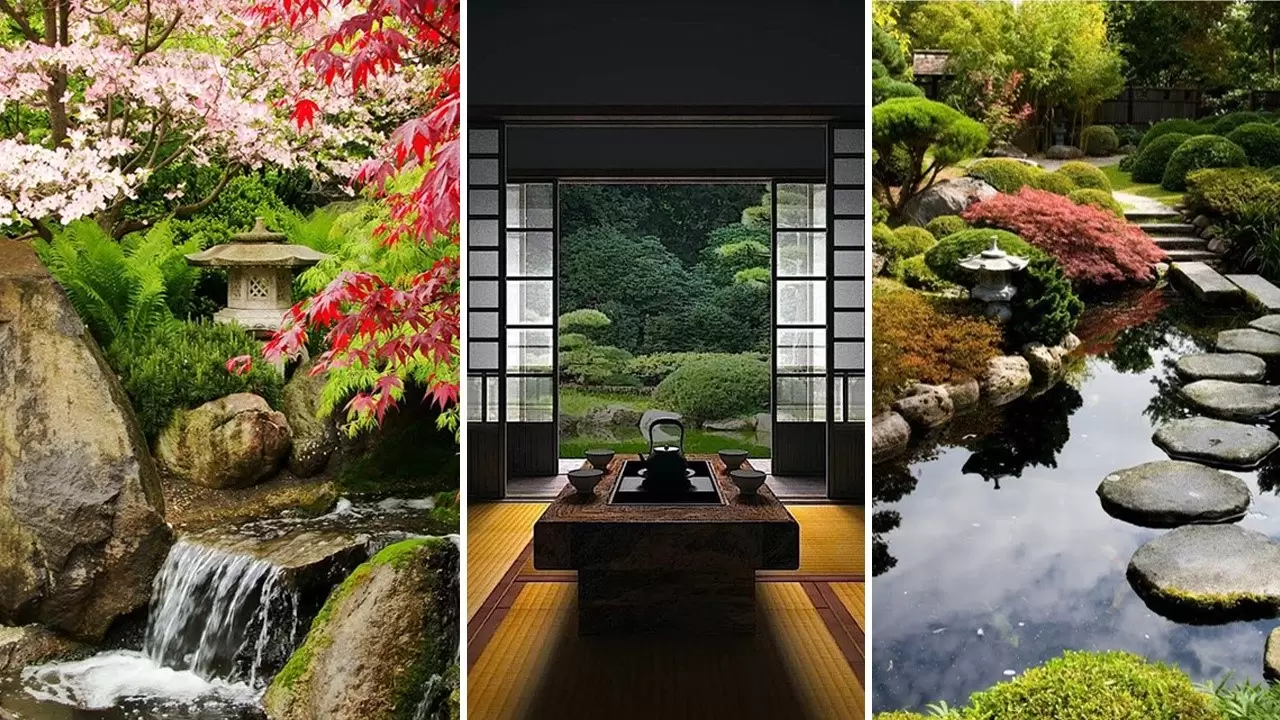
Zen and Japanese gardens are designed to relax your mind and soul by combining the beauty of nature and simple aesthetics. These gardens hold an important place in Japanese culture and provide an ideal environment for visitors to meditate and find inner peace.
Zen gardens are associated with the Zen philosophy, which is a part of Japanese Buddhism. This philosophy recommends meditation and other practices to calm the mind and find inner peace. Zen gardens are a reflection of this philosophy and help visitors to empty their minds and focus on the beauty of nature.
Japanese gardens, on the other hand, are gardens that reflect the beauty of nature and are known for their simple aesthetics. In addition to natural elements, man-made elements are also used in these gardens. Stones and water are especially important elements, and the arrangements in the gardens are carefully selected to maintain the balance of nature.
Zen and Japanese gardens help visitors to escape from their stressful and busy lives and find inner peace. Walking in these gardens, meditating, or simply watching the beauty of nature can not only relax your mind and soul but also enhance your creativity.
In conclusion, Zen and Japanese gardens are designed to relax visitors' minds and souls with the beauty of nature and simple aesthetics. These gardens hold an important place in Japanese culture and provide an ideal environment for visitors to find inner peace. By visiting these gardens, we can escape from our stressful and busy lives and discover the beauty of nature.
Japanese Garden: Perfect Harmony of Architecture and Landscape
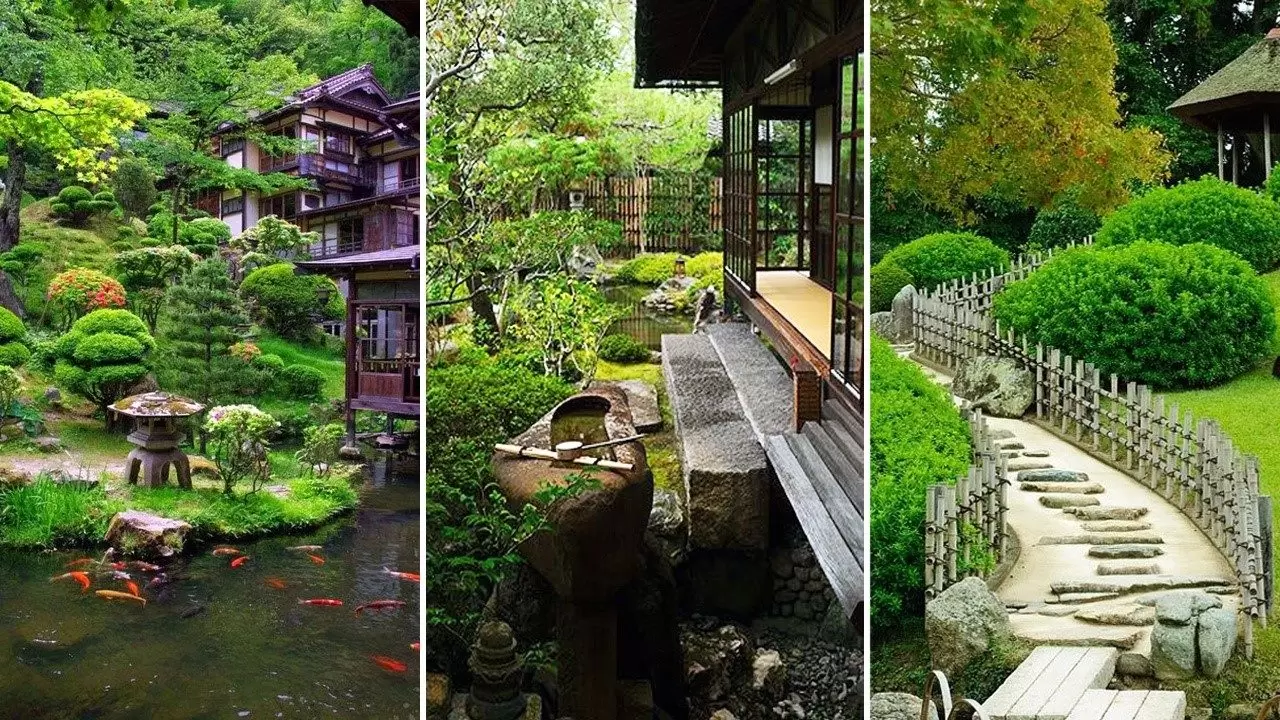
Japanese gardens are a unique style of garden that combines the beauty of nature with human-made architectural elements. These gardens are an important part of Japanese culture and a popular tourist attraction worldwide. Japanese gardens reflect the perfect harmony between architecture and landscaping.
Japanese gardens include both natural elements and human-made features. These features include stones, water features, bridges, fences, sculptures, and other decorative elements. These elements help to design the garden in harmony with natural elements.
Japanese gardens have different styles, including Zen gardens, tea gardens, dry gardens, and water gardens. Zen gardens reflect minimalism and meditation, while tea gardens are designed for Japanese tea ceremonies. Dry gardens reflect a minimalist style using sand and stones, while water gardens reflect a more natural style using water features.
Japanese gardens include both natural elements and human-made features. These features include stones, water features, bridges, fences, sculptures, and other decorative elements. These elements help to design the garden in harmony with natural elements.
Japanese gardens are a unique style of garden that combines the beauty of nature with human-made architectural elements. These gardens are an important part of Japanese culture and a popular tourist attraction worldwide. Japanese gardens reflect the perfect harmony between architecture and landscaping.
Japan Garden: The Point Where Culture and Art Meet
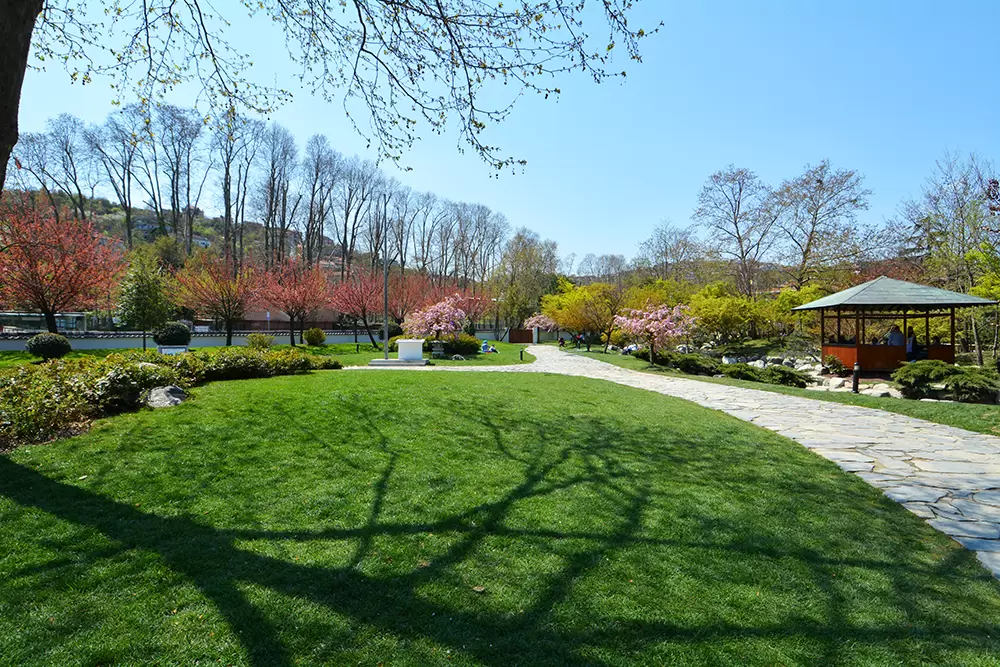
Japanese gardens are a unique cultural heritage that combines the beauty of nature and the intricacy of human-made art. These gardens are an important part of Japanese culture and have been used for many different purposes throughout Japan's history.
Japanese gardens are typically designed as a garden for a temple, palace, or wealthy family's home. These gardens include both natural elements and human-made elements. The stones, water features, bridges, and plant life in the gardens play an important role in the garden's design.
Japanese gardens are designed to calm visitors' minds and nourish their souls. In addition to the natural elements in the gardens, the human-made elements also help to relax visitors' minds and assist them in meditation.
Japanese gardens are a reflection of Japanese art. The stones, water features, and plant life in the gardens reflect the fundamental characteristics of Japanese art. The garden design is in harmony with the minimalism and simplicity of Japanese art.
Japanese gardens are an important part of Japanese culture and a popular tourist destination worldwide. These gardens offer visitors the beauty of nature and the intricacy of human-made art in one place. Japanese gardens are a perfect place to relax visitors' minds and nourish their souls.
Japan Garden: Address of Meditation and Peace
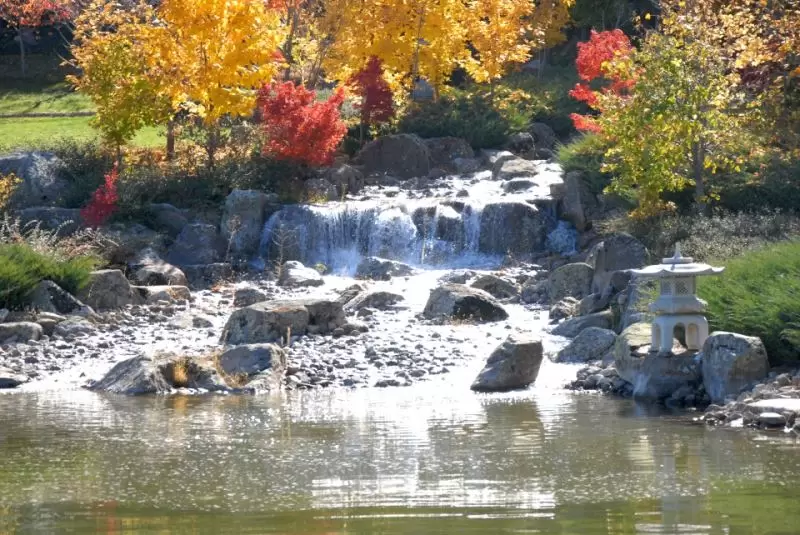
Japanese gardens are special gardens that bring together the beauty of nature and the inner peace of humans. These gardens hold an important place in Japanese culture and are an ideal place for meditation, relaxation, and peace-seeking individuals.
Japanese gardens contain many features that reflect the beauty of nature. Water is especially important in these gardens. Water is considered a part of nature in Japanese gardens, and the ponds, waterfalls, and water sources in the gardens give visitors a sense of peace and tranquility. Additionally, the stones, plants, and trees in the gardens also reflect the beauty of nature.
Japanese gardens are an ideal place for meditation and peace-seeking individuals. The silence and beauty of nature in the gardens help visitors to relax their minds and reduce stress. Additionally, walking in the gardens helps visitors to move their bodies and promotes a healthy lifestyle.
Japanese gardens hold an important place in Japanese culture. These gardens reflect the Japanese connection to nature and the culture of loving and respecting nature. Additionally, the stones, plants, and trees in the gardens are considered a part of Japanese art and reflect the beauty of Japanese art.
In conclusion, Japanese gardens are special gardens that bring together the beauty of nature and the inner peace of humans. These gardens are an ideal place for meditation, relaxation, and peace-seeking individuals. Additionally, they hold an important place in Japanese culture and reflect the culture of loving and respecting nature.

Comments